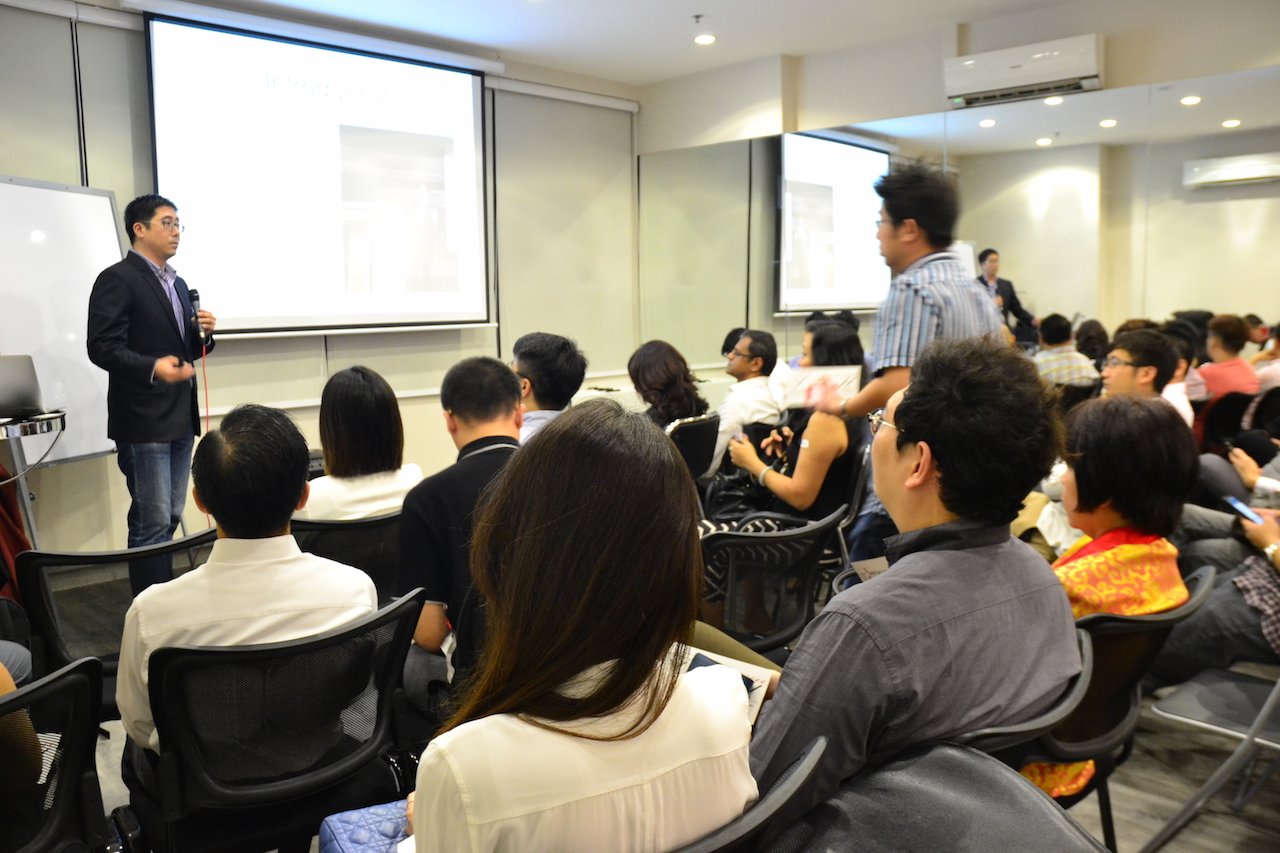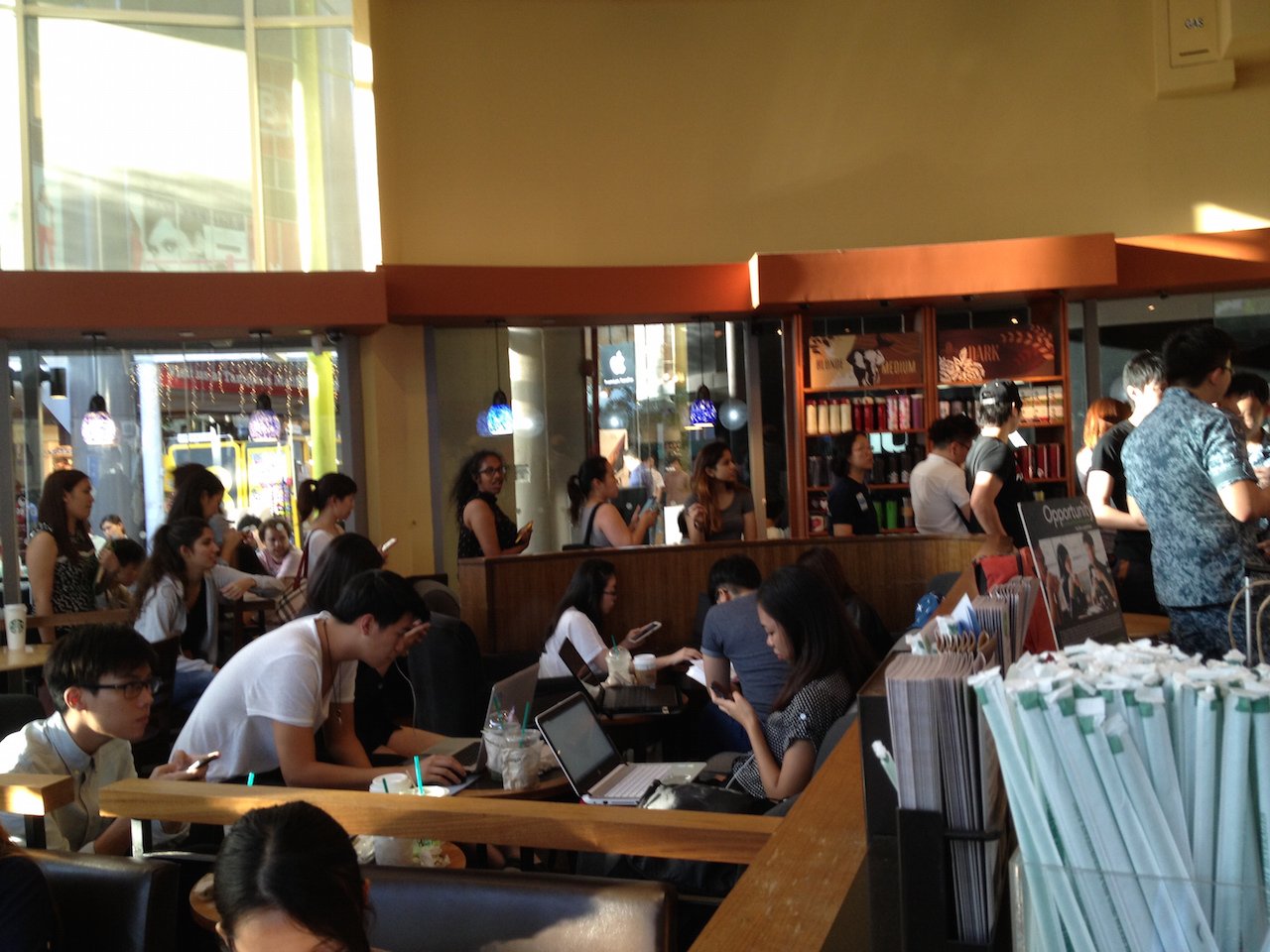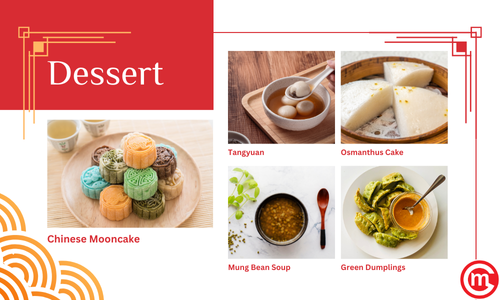3 Interesting Sustainability Practices In Food Service
Sustainability is a daunting word. But it doesn’t have to be. As an industry that deals primarily with consumption, sustainability practices in food service have always been scrutinised for issues related to food waste management, energy consumption, and the lack of long term sustainability initiatives. While all this is technically true, what observers have failed to understand is that the foodservice industry is a business, and like any other business, it has to find the most efficient and profitable way to operate.
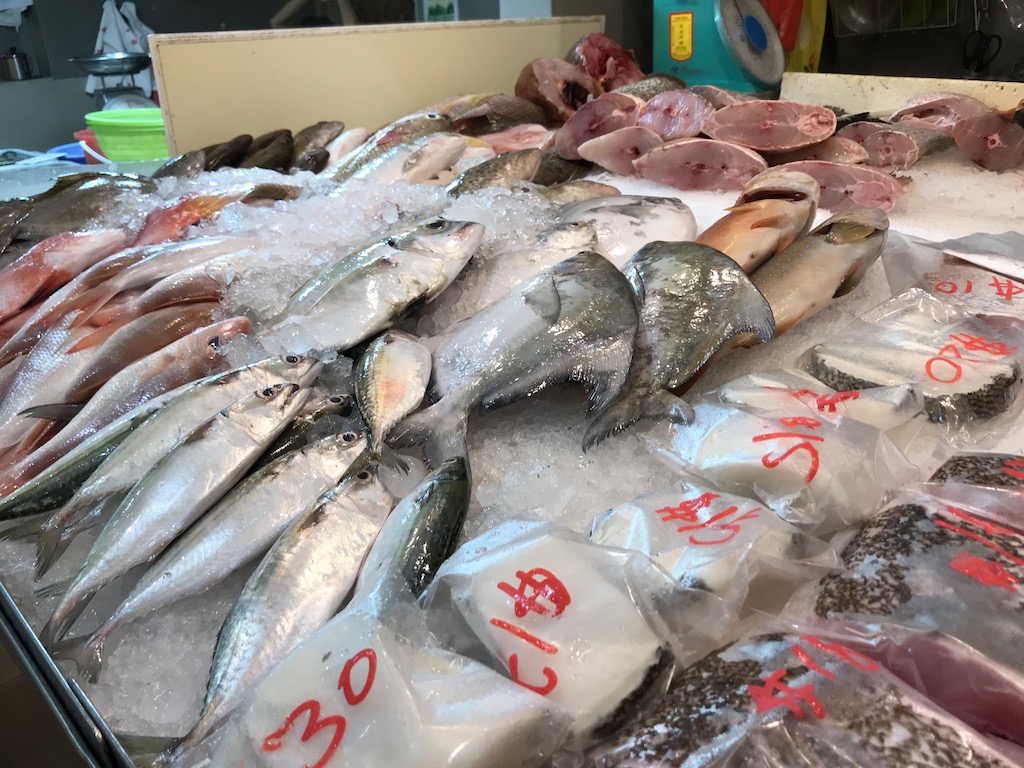
The hard truth is that nobody likes to be threatened into doing something. Thus, the threats about the negative impact on the environment are likely to fall on deaf ears. Worse still, many times, these threats come in the form of complaints without solutions. Even if parties wanted to listen, there are seldom concrete action plans to follow. If we are to generate good sustainability practices in food service that are adoptable, then we need to motivate and influence the foodservice operators with solutions that not create positive impact, but also, perhaps more importantly, save money. At the very least, the solutions should offer some sort of personal health benefit to the consumer.
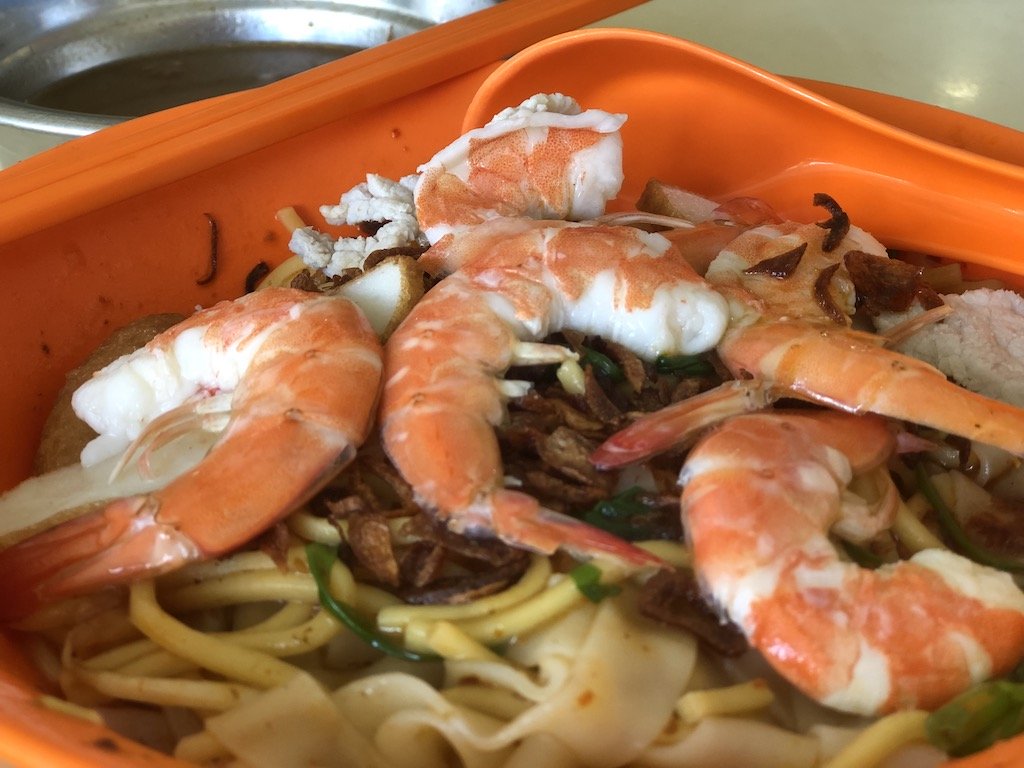
Sustainability Practices in Food Service: Managing Waste
The latest figures from the Food and Agriculture Organization of the United Nations estimates that globally, 1.6 billion tonnes of food waste is produced each year, with economic impacts of up to $750 billion annually. As the foodservice industry is one of the greatest contributors to this, it would seem natural that the quest to reduce food waste and implement better waste management capabilities should start in the foodservice sector. The problem is that at present, it's simply cheaper to dump the food waste down the trash. Why should there be anything innovative about the way a restaurant or foodservice operation deals with this. After all, there are neither profits to be made nor costs to be saved from being environmentally conscious.
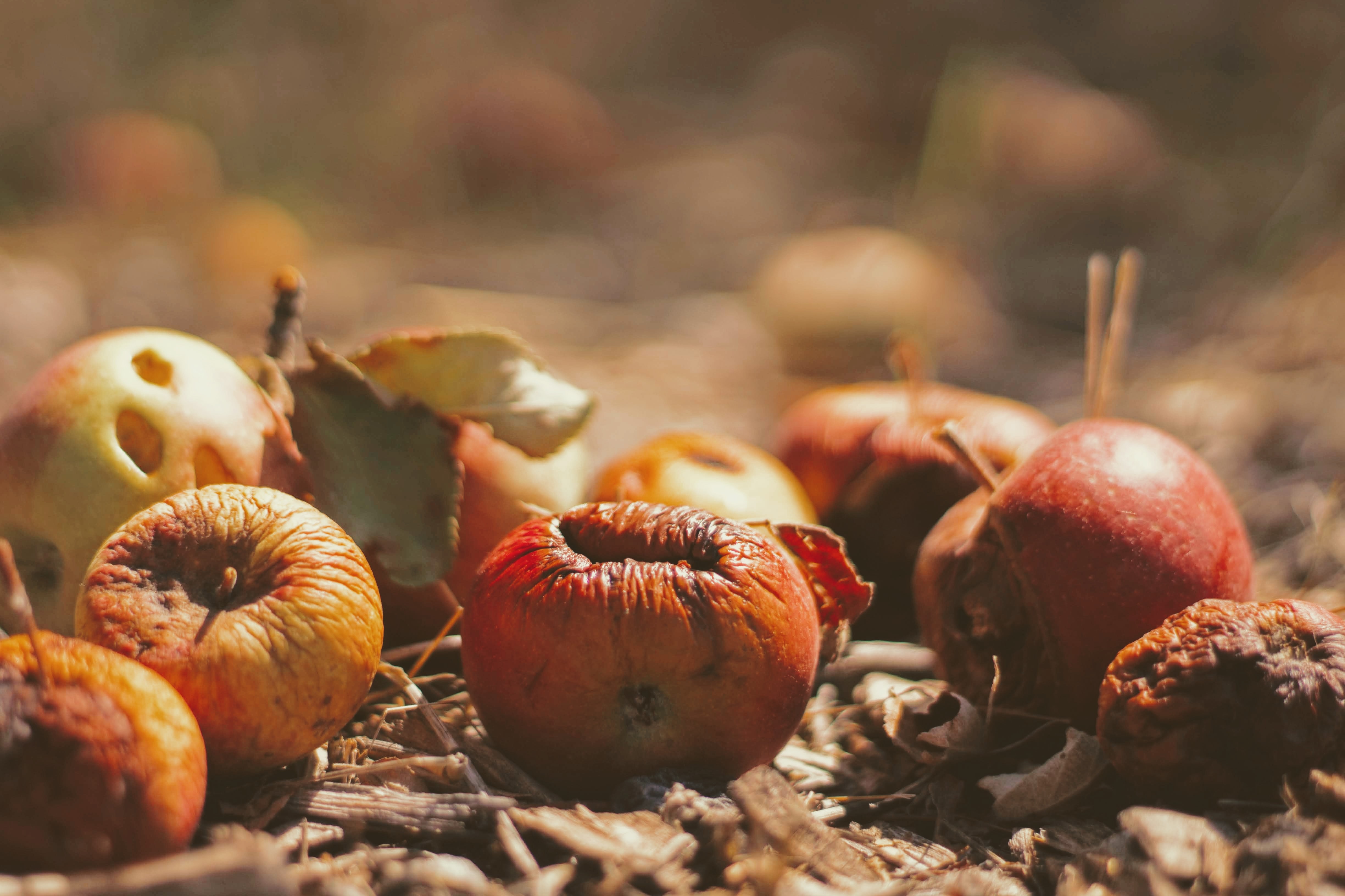
Now imagine a situation where a restaurant might potentially be paid for their food waste, where the food waste is then used as feed for Black Soldier Fly Larvae, a fast growing species that is not considered a pest, and is not a transmitter of disease. More importantly, they represent an extremely viable means of dealing with the massive amounts of food waste produced by the foodservice industry. The commercial objective of farming these larvae is that they can be used as a key ingredient in commercial fish feed, and the compost produced can be sold as fertilizer. At a more advanced point in the world’s quest for sustainability, these larvae are actually viable sources of protein as well, and are high in calcium and amino acids. In many ways, you could consider this an organic food in the segment of alternative meat or sustainable food.
To put everything into perspective, we’ve simplified the cycle here:
- Foodservice industry produced food waste.
- Food waste is purchased from the foodservice industry
- Food waste is fed to Black Soldier Fly Larvae.
- Protein and compost are produced.
- Both protein and compost are sold to fish farms, poultry farms, and vegetable farms.
- Produce from fish farms, poultry farms, and vegetable farms are sold back to the food service industry.
What we essentially have here then, is a long term waste management system, that not only creates a positive impact on the environment, but also helps save money and reduce cost, making it an extremely viable sustainable business model for years to come. If you consider that insect protein, which is viable for use as feed in fish farming, can in a way reduce the aquaculture industry’s reliance on using live feed, this solution will essentially also help to ease our burden on our oceans, that is applied by the fishing industry. With this solution, there is real value-add at almost every level of its value chain.
Sustainability Practices in Food Service: Reducing Single-Use Disposables
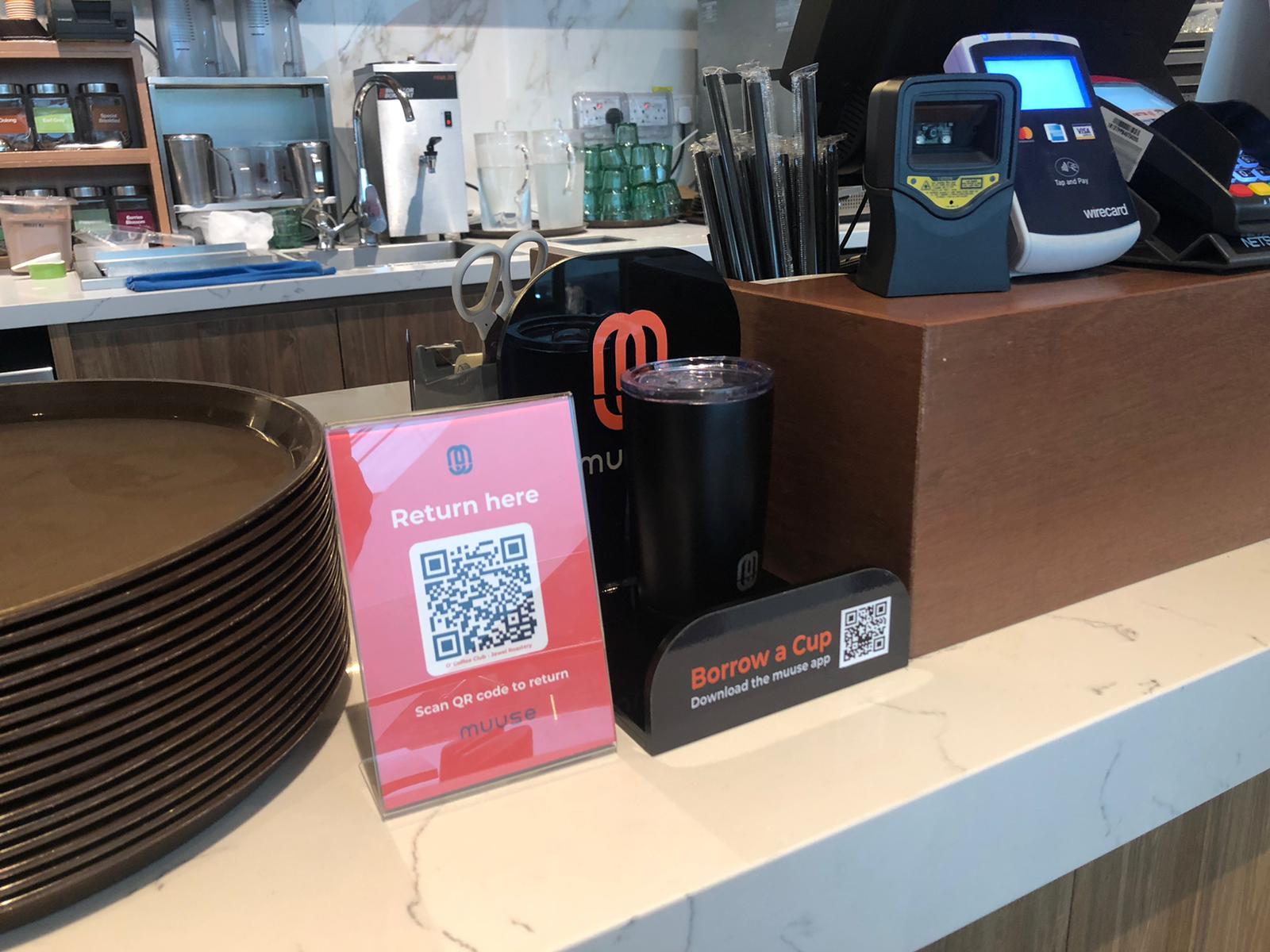
Currently, there are numerous calls for the reduction of single use disposables in the foodservice industry. However, these numerous calls are often accompanied by very few solutions. Even if they do, the solutions presented have been largely not innovative, uninteresting, and often come at the expense of the foodservice operator themselves. The result is either a complete disregard for the situation, or a half hearted attempt in the vein of removing the use of plastic straws. Between the two, I am inclined to say that the former is probably the less hypocritical measure, as the decision to remove plastic straws is definitely more public relations driven than sustainability driven.
Obviously, one of the biggest contributors to the foodservice industry’s need for single-use disposables comes in the form of takeaway packaging, and that’s exactly where some very astute new players in the sustainability business come into play. What if there was a company who could remove the need for single-use disposable takeaway packaging, while at the same time, promote your establishment for you, and drive new diners to your restaurant?
At various partner establishments around a location, there are takeaway lunch boxes and takeaway tumblers for the everyday consumer to pick up and use, for a very small rental fee ($0.10 - $0.30 per use). After they are done, they simply drop off the borrowed items back at any partner establishment. All this is powered and coordinated by an app, which is where the real magic lies.
Apart from being a means to facilitate payments, the app also highlights all the partner establishments, shows you where they are, and shares their latest promotions, BYO discounts, and best deals. There are also seasonal vouchers that the consumer can utilise at their preferred establishments. There are no costs to the restaurant, and all that is required to be a part of this is that the establishment stocks and displays the lunch boxes and tumblers clearly and visibly, that they wash and replenish whatever gets returned at their outlet and to provide a BYO discount. In many ways, this is like a bicycle sharing service, but for lunch boxes and tumblers.
Sustainability Practices in Food Service: Sustainable Protein
Last, and probably the least interesting of the solutions, is that of sustainable protein. As a sustainability initiative, the use of sustainable protein is unlikely to offer up any cost savings to the foodservice operator. However, there are health benefits to be derived by the consumer, and in that regard, at least offers some marketing benefit to the restaurants who employ the practice of using alternative protein.
The real positive impact of using sustainable protein in your restaurant menu is largely dependent on the type of sustainable protein being used. It is common to find alternative protein brands like Impossible Meat and Beyond Meat in the market today, and those are made with soy protein, or a mixture of soy and pea protein, and requires a great deal of processing to reach the form in which it reaches the foodservice industry.
The more interesting option, which I think has less impact on the environment, is the use of mycoprotein, or fungi-based protein. While soy protein based alternative protein still relies on soy farming as a base source, mycoprotein relies on mushroom stems, which in some ways, is a by-product of mushroom farming, and thus, consumes less natural resources than other types of sustainable protein. Because of its use of a by-product as a base source, it can be derived that the manufacturing process takes up less energy, less water, produces less waste, and is therefore a more viable long term sustainability initiative.
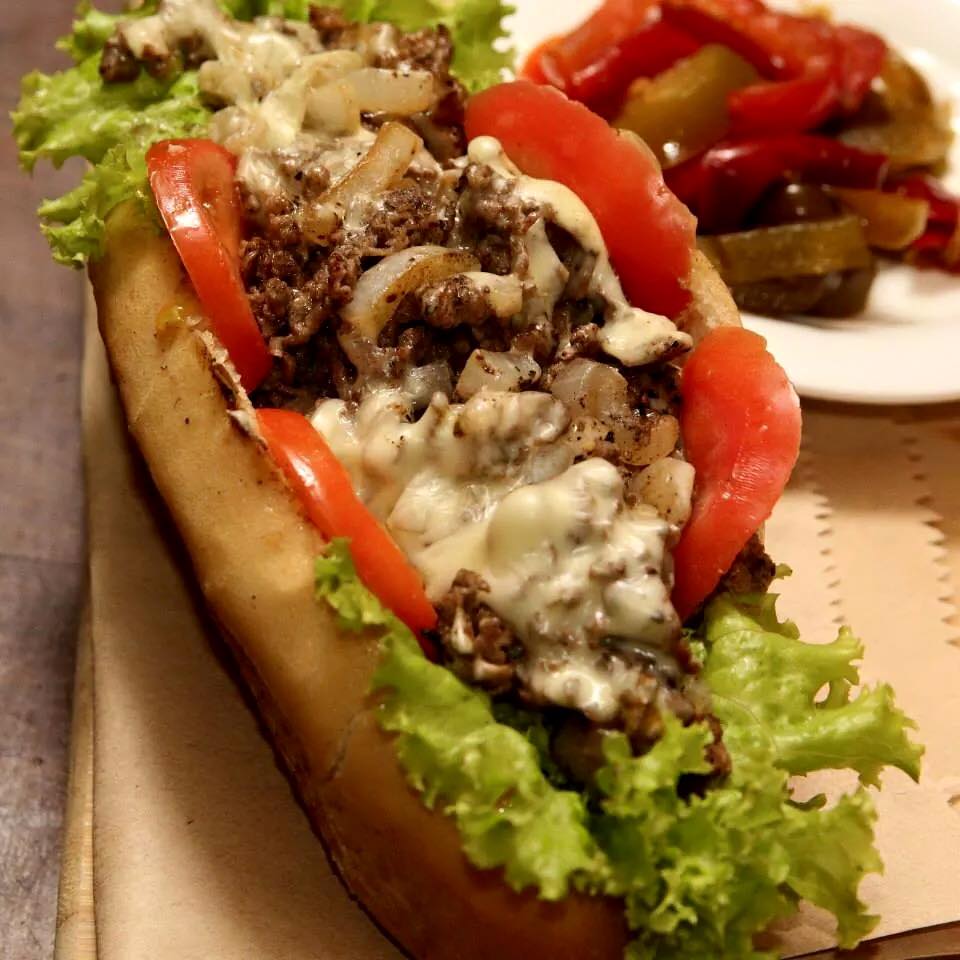
Click on to read about other marketing ideas that are similar to sustainability practices in food services or drop us a message to learn about the latest stats and survey that we have done recently.
About US | OCM Profile
OCM (OnCoffeeMakers.com) was started in 2007 with the first webpage about coffee machines. And for a number of years, we focused on helping people find their desired coffee machine (we still are helping folks with that! So, if you are looking for coffee machines for office or restaurants - check out the link).
In 2010, we started getting enquiries on restaurant marketing and we start to help food and beverage brands with their marketing. Below are campaigns and events that we have done over the years:
OCM's campaigns: F&B Marketing Ideas by OCM
OCM's Events: F&B Industry events by or with OCM
Check out this restaurant marketing guide to learn more about the many campaigns and companies we have worked with.
Since then, we have also created many marketing workshops and classes for the F&B industry. Many of these modules are still running in tertiary institutions such as Temasek Polytechnic Skillsfuture Academy and also ITE College East COC classes, below are some snippets of our lectures and workshops:
OCM’s F&B workshops: Food and Beverage Marketing Lectures | Workshops - click to watch classes on customer journey map, JTBD and more.
So, if you are looking for industry practitioners to help you scale your coffee or F&B businesses, do drop us a message or book an appointment. Do also check out our various social media platforms on regular F&B and coffee market updates:
For regular coffee (F&B) related videos: OCM Youtube
For Daily Coffee Inspiration (fun coffee content): OCM IG
For insights into the coffee (F&B) industry: OCM LinkedIN
PS: For the coffee lovers, we continue to share coffee articles (and videos) and have also started a free coffee class section (with free online coffee training supported by coffee partners).
OCM Recommends
Latest event/Webinar

Learn more about the event on The Power of Market Research organised by Alumni of Adelaide University.
**Gain insights into Singapore Industry with a free F&B industry report valued at $495.
See you on 24 August 1630 hr. (Sign up below)
Free tickets code: adelaide0823
Starting a coffee shop?: Free Cafe Setup cost Calculator
AR Game for Zoom Meeting

Click Games to play on Zoom Meeting to run your own AR game and start injecting more fun for your video conferencing. Works for online meeting on Microsoft Teams, Google Meet too.
Contact us for the free content to customised your own Augmented Reality Game for your online meeting.
Featured coffee brewing method: How to prepare V60 Coffee?
Previously: Making Coffee with a Coffee Sock.
Recent Articles
-
How to Do Menu Engineering: Complete Guide to Restaurant Profitability
Sep 27, 24 03:09 AM
Learn how to do menu engineering to boost your restaurant’s profitability. Discover strategies for menu design, pricing, and maximizing profitability. -
Tim Hortons Singapore is a Canadian Coffee Chain?
Nov 16, 23 09:00 AM
Do you know that Tim Hortons Singapore is a Canadian Coffee Chain? Apparently only 46% knows that in our IG poll! -
Coffee report on WMF Coffee Machine Brand in Singapore
Oct 11, 23 03:45 AM
Coffee report on WMF Coffee Machine Brand in Singapore
Featured: Office Coffee Machines
Follow Oncoffeemakers.com's board Office Coffee Machines | Singapore on Pinterest.Do check out other cool boards such as the one all on how to make coffee and drip coffee.
Food and Beverage (F&B) Articles
Sustainability Practices in Food Service
3 Free Restaurant Marketing Ideas
Singapore Cafes Reviews -Can they be Trusted?
Location, location, location might be a myth!
Walmart and Walter -The Power of Social Media!
Importance of value pricing for Cafes In Singapore
Why Nescafe is still the Largest Roaster in the World?
Everyone likes Starbucks -here's why
Is your Cafe location an asset or a liability?
Location myopia: why good anchor tenant might not be good?
Measuring the Location attractiveness index.
Social Media Crisis Management for Cafes in Singapore
Free event
Promo

Key in code before check out: WCMFIRST10OFF
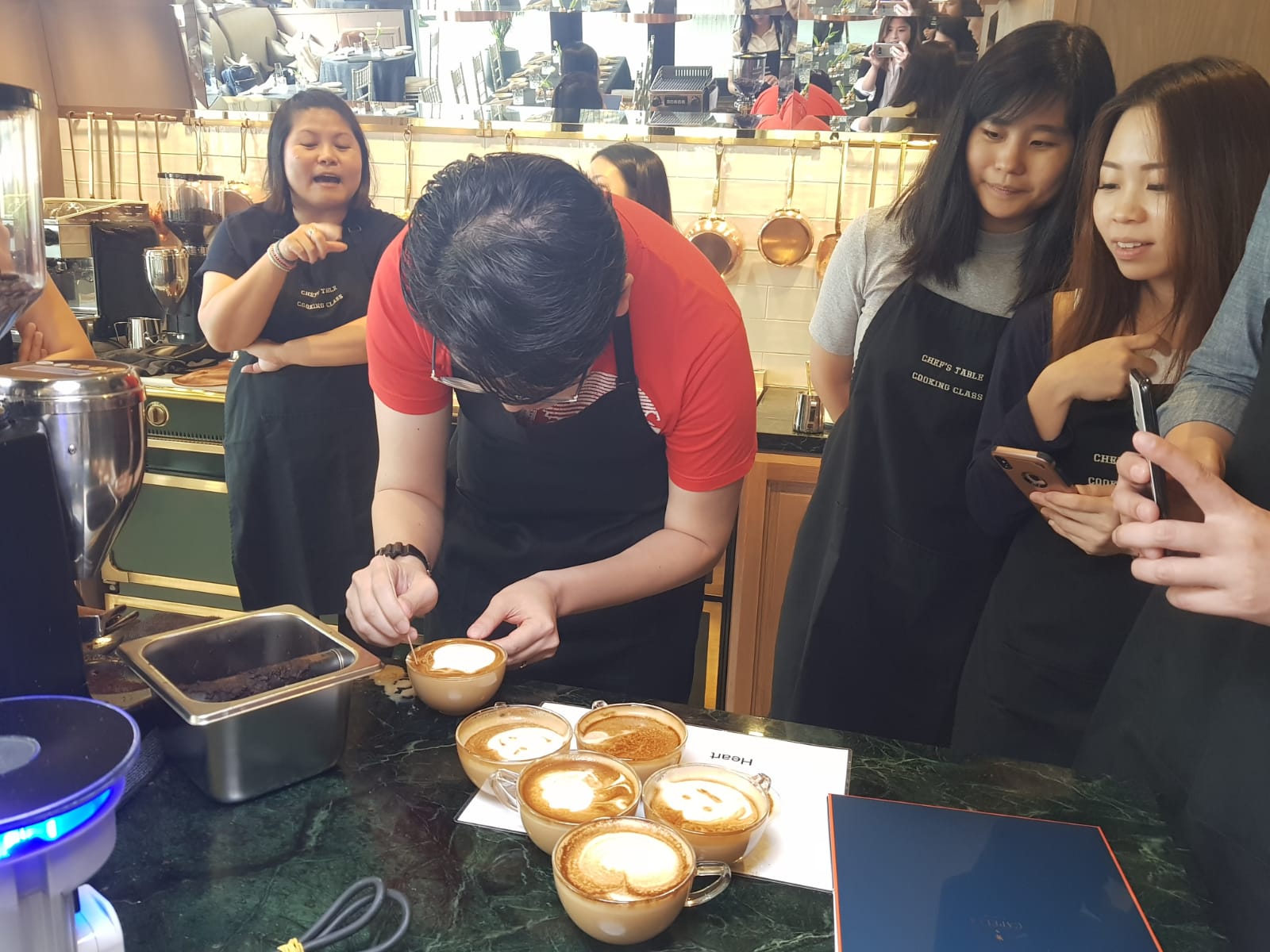
Free Coffee Workshop Singapore
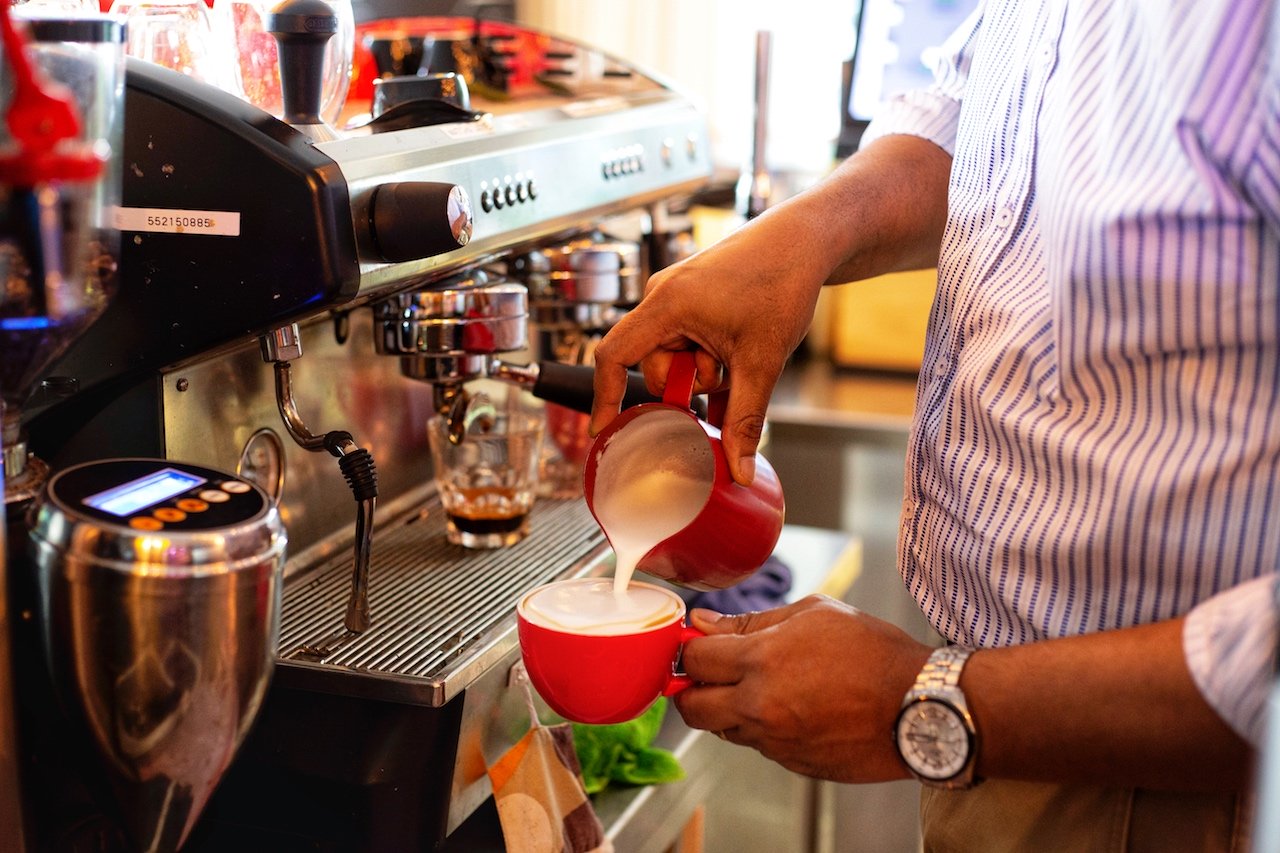
Enjoy Free Coffee in Singapore!
Sponsors
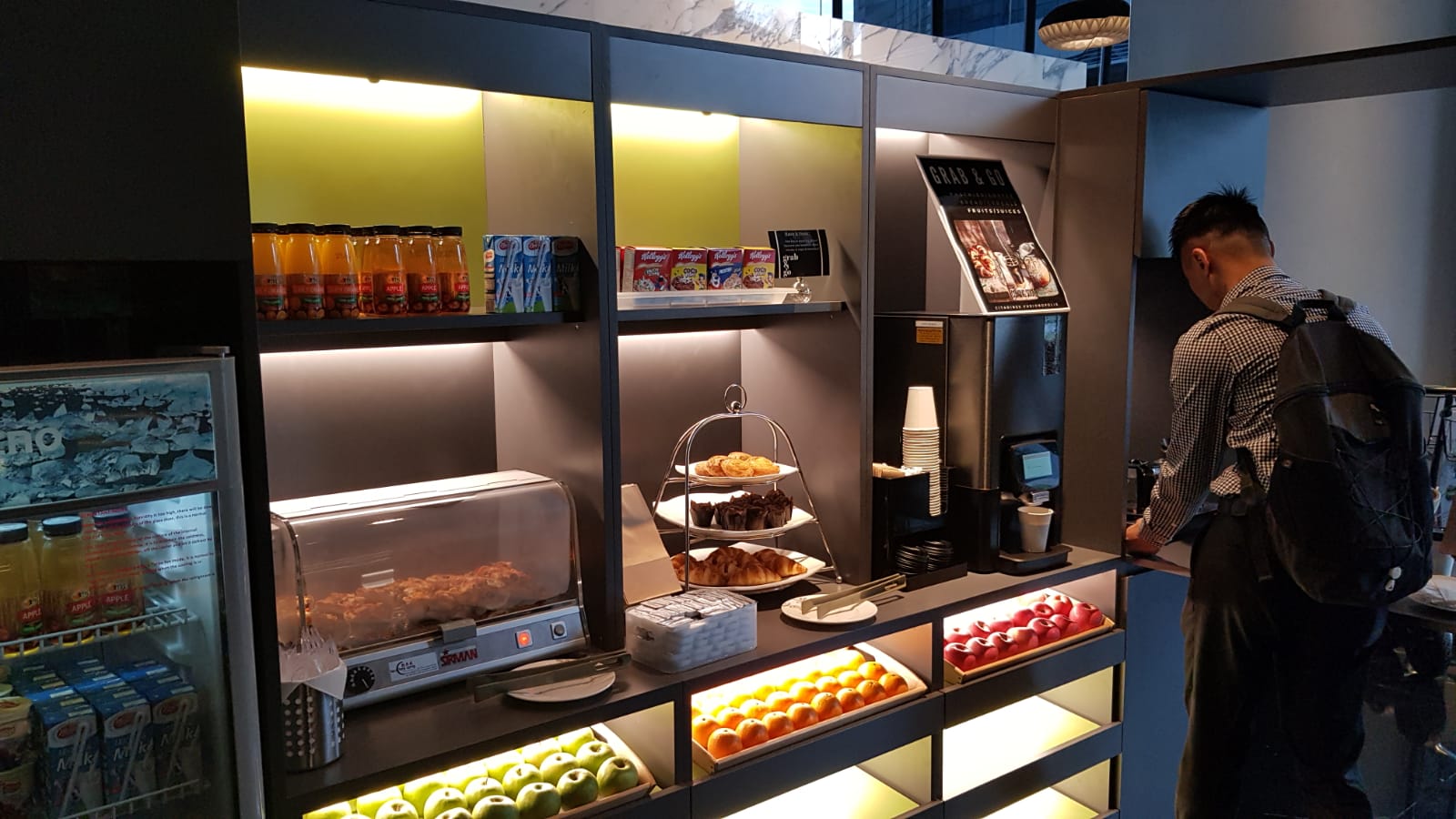
Choosing: Office Coffee Machine
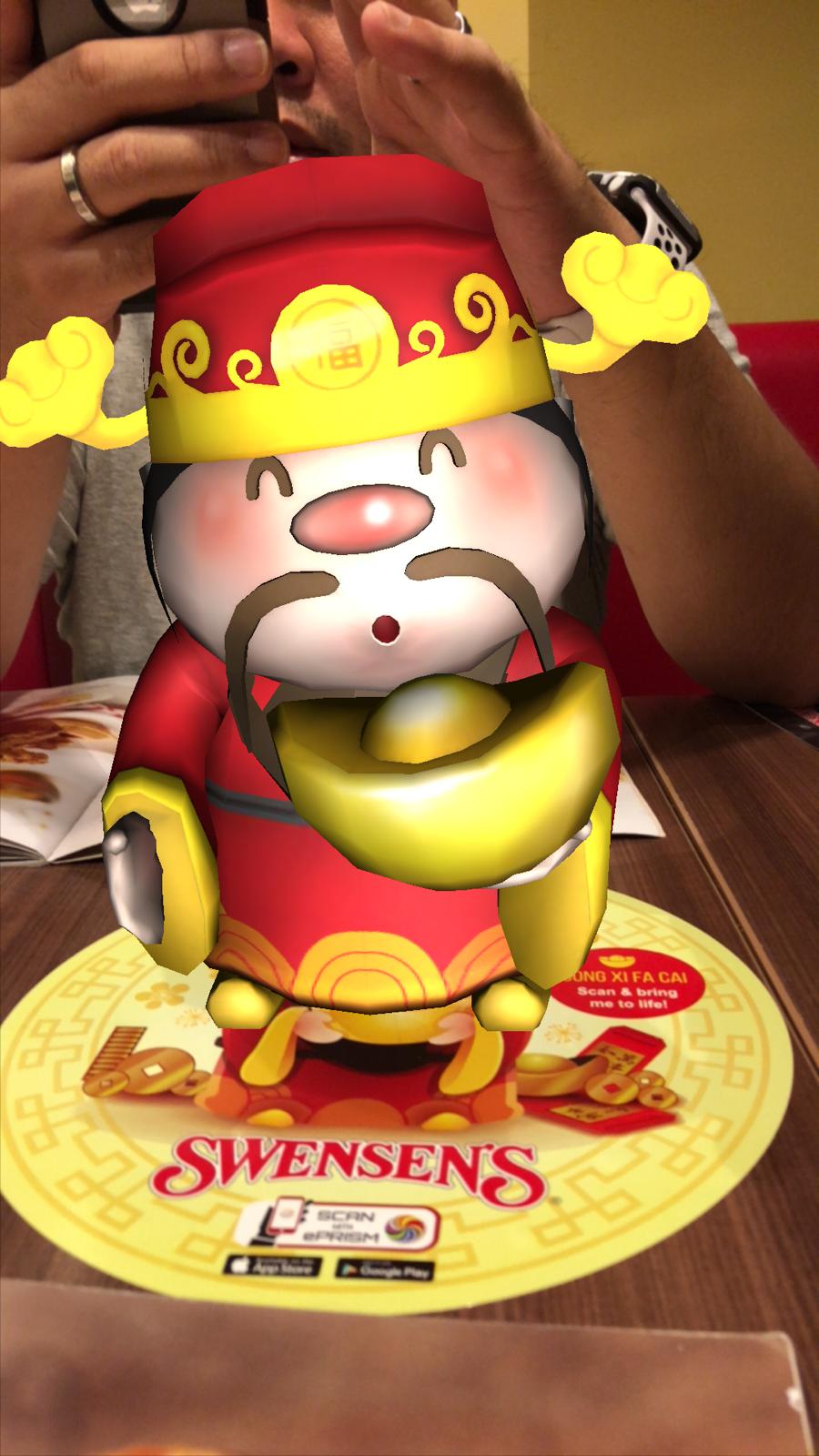
Free: Augmented Reality in Singapore
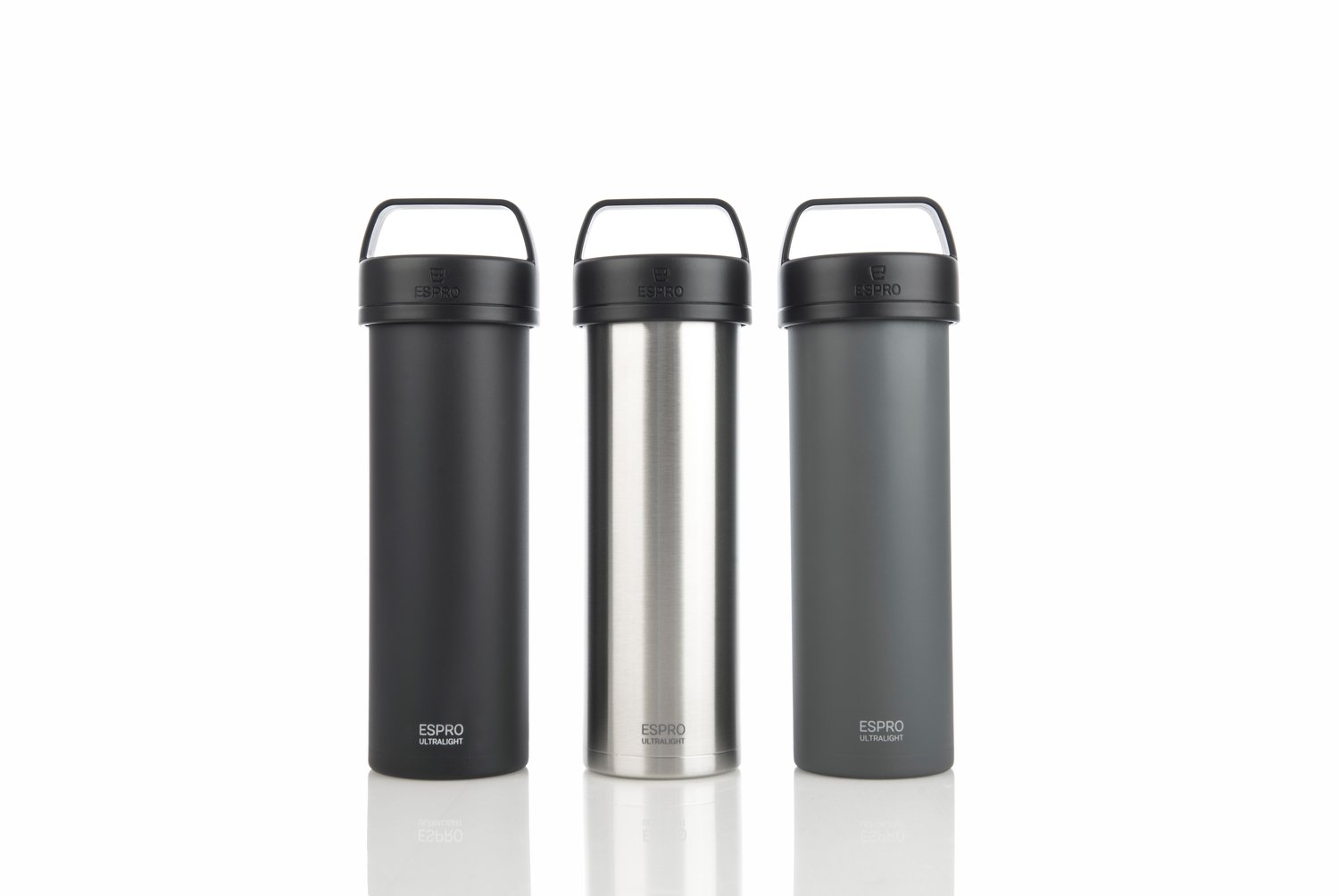
Learn more about ESPRO UltraLight in Singapore
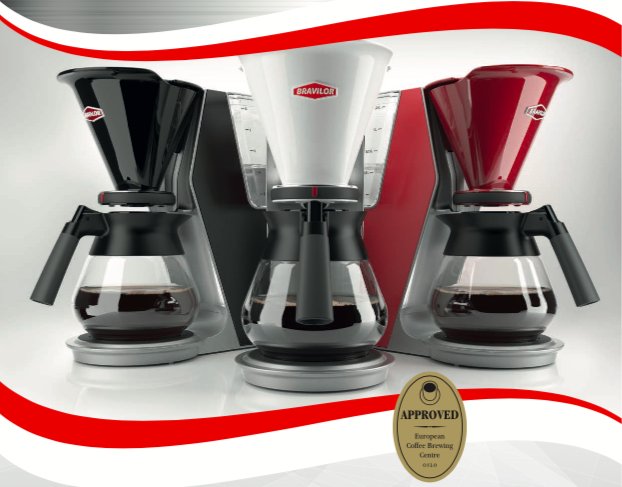
The best filter Coffee Machine in Singapore
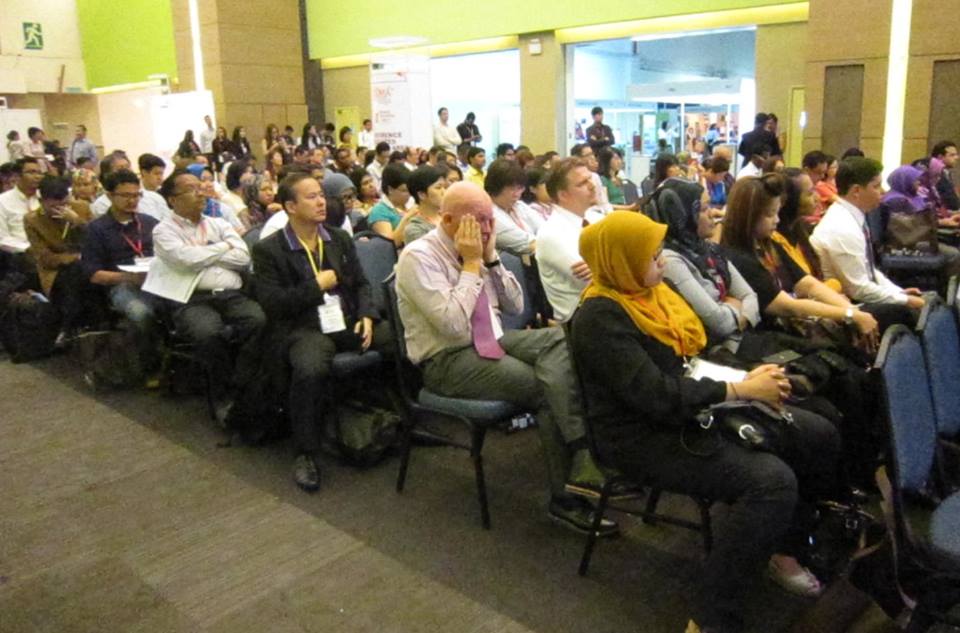
SkillsFuture Series: F&B Market outlook
- Venue: Temasek Polytechnic
- Date: 25 June 21
- Time:9 to 6 pm
- Contact us for more details
